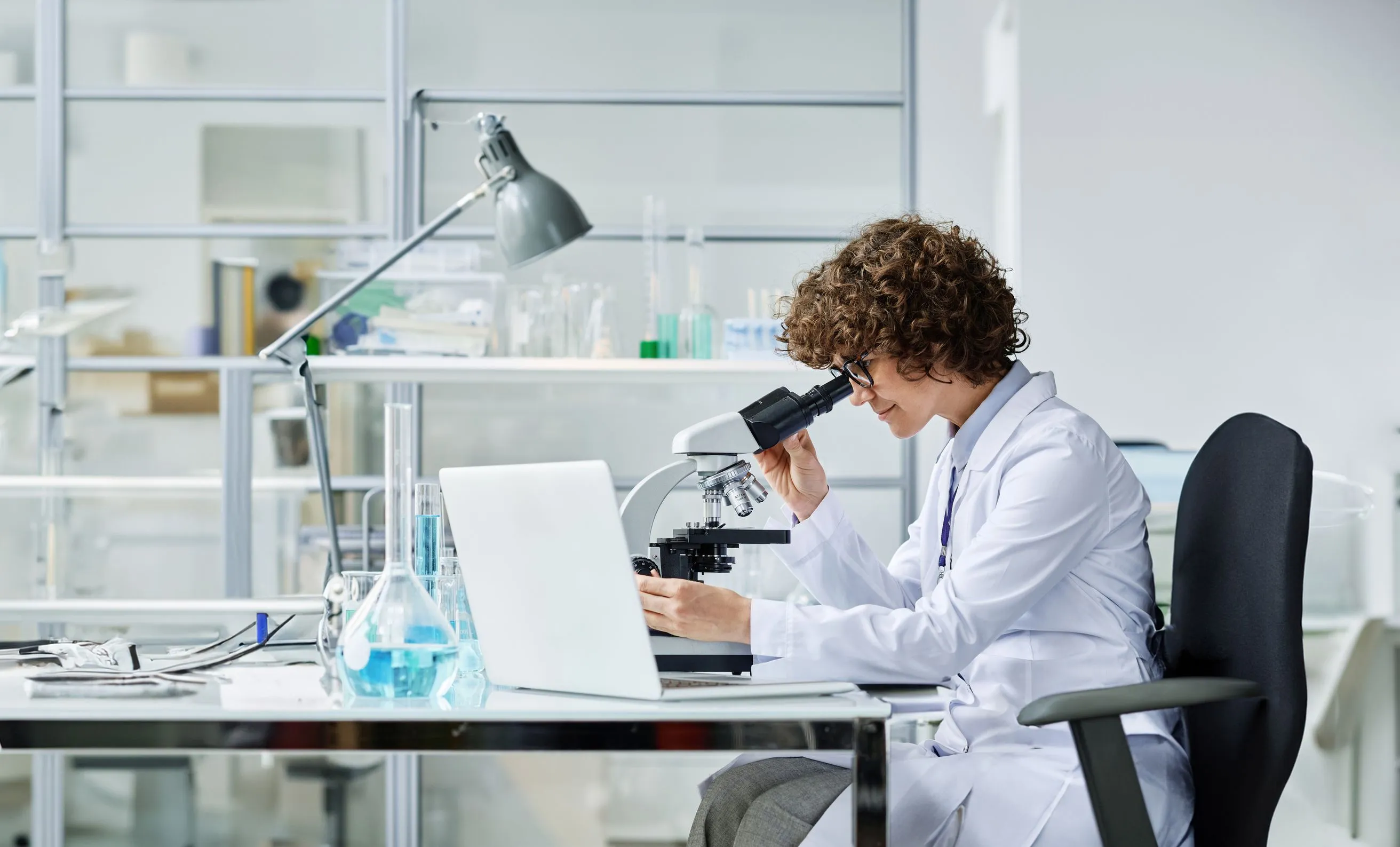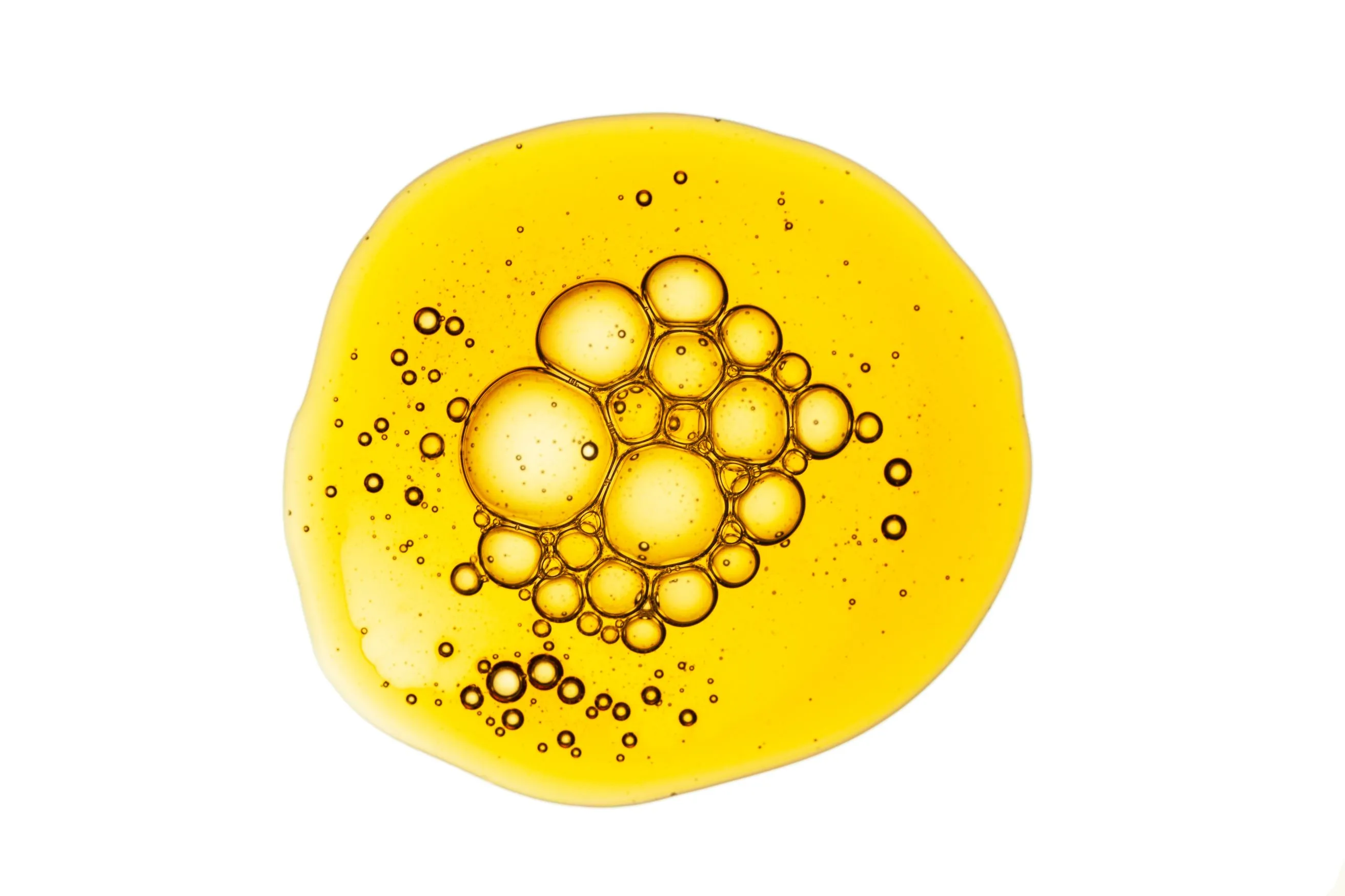Streamlining Pharmaceutical Drug Development Processes With Machine Learning

Challenge
As the global leader in off-patent medicines, our client sought to implement innovative digital solutions to improve the efficiency of their drug development processes.
Outcome
By leveraging machine learning to optimise formulation development, dissolution testing, liposome detection and manufacturing processes, the client increased the automation, speed and accuracy of its workflows.
To support our client’s mission to produce high-quality generic and biosimilar medicines at prices patients can afford, our tech experts teamed up with the client’s scientific team. Together, we crafted advanced machine learning (ML) algorithms to increase the efficiency of their drug formulation and development processes.

Innovation through machine learning
The off-patent industry faces a unique set of challenges when creating a new medicine – it must match the reference medicine in terms of safety, quality and efficacy while keeping costs and development cycle time low.
Our client is continuously looking for innovative solutions to speed up the development process so that medicines become available to patients immediately after losing exclusivity. At the same time, they are developing new formulations, delivery methods and dosage forms or novel combinations of existing drugs for patient compliance or convenience. Bioequivalence to the branded drug is always the key requirement.
We supported our client to drive innovation by developing ML models custom to their unique processes in three key areas:
- Dissolution testing: Predicting optimal test parameters, helping dissolution experts to develop dissolution methods faster and with greater precision and reducing the number of unnecessary tests.
- Manufacturing technology processes: Predicting optimal process parameters to accelerate formulation development, increase efficiency and minimise waste.
- Liposome detection and characterisation: Automating the analysis of microscopy images.

Digital tools custom-built for success
Our challenge was to develop interpretable ML models based on historical data that could predict optimal parameters for any new active pharmaceutical ingredient (API).
Before developing the ML models, a solid data foundation had to be established. A well-defined data acquisition template ensures that new data entries are validated, preventing errors. We helped our client improve the data acquisition process to gather relevant parameters for each process. Advanced data analysis was performed to further streamline processes, including visualisations to identify connections between parameters.
We then developed an image-processing tool using computer vision to automate the detection and characterisation of liposomes. The quantitative analysis of the images provides several important statistics to drug researchers.
To best support scientists, we built user-friendly interfaces for each application, making them accessible to researchers with limited ML knowledge or image processing experience. This included featuring explanations so users could understand how the model reached a certain conclusion.

Workflow efficiency accelerating time-to-market and patient access
The introduction of ML algorithms to various workflows has produced an end-to-end net positive value. Increasing automation and accuracy through advanced predictions enabled the client to accelerate its drug development processes, increase efficiency and save on costs.
Ultimately, these advancements speed up patient access to high-quality and affordable medicines.
Explore the industry
Healthcare and Life Sciences
Develop innovative solutions to enable a connected healthcare ecosystem and seamless patient journeys.

Interesting? We love when people share.